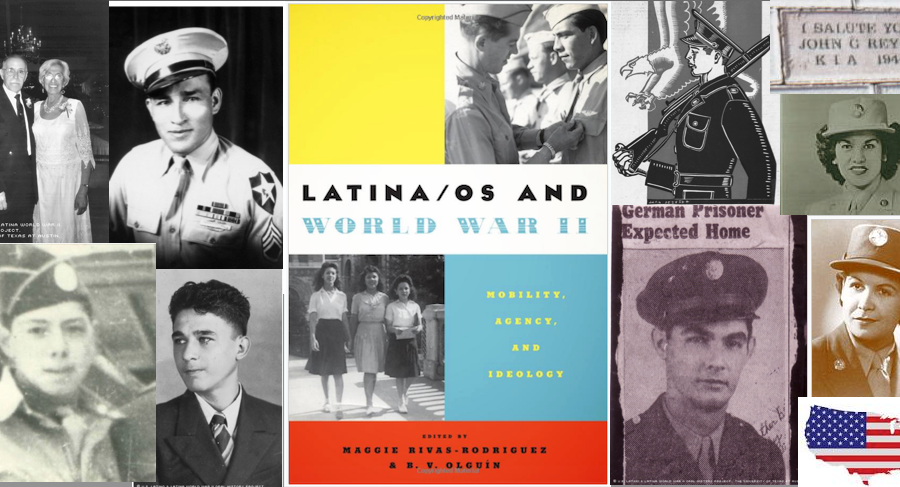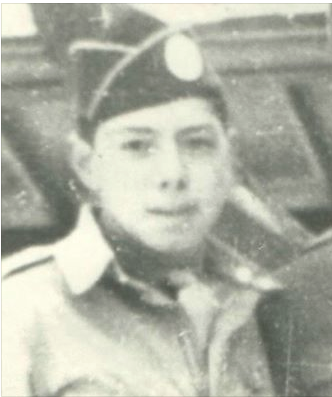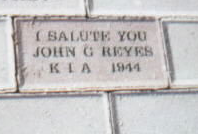In Memoriam of WWII Latino Veterans and Their Families

Thank you to all of the veterans who have courageously served our country. This post is dedicated to my tía Minnie Cadena who recently passed and was a participant in the University of Texas Voce Oral History Project and my tío John G. Reyes who was KIA 1944.


This post is also dedicated to the all of the Heilig, Scott, Vasquez and Cadena who have served our country bravely.
In a new chapter we honor the memory of Latino veterans and their families. This chapter was recently published in the new book Latina/os and World War II: Mobility, Agency, and Ideology.
The citation for our chapter is:
Rodríguez, A. A., Vasquez Heilig, J. & Prochnow, A. (2014). Higher Education, the G.I. Bill, and the Post-War Lives of WWII Latino Veterans and Their Families. In M. Rivas-Rodriguez & B. Olguin (Eds.), Latina/os & World War II: Mobility, agency and ideology, Austin, TX: University of Texas Press.
Higher Education, the G.I. Bill, and the Post-War Lives of WWII Latino Veterans and Their Families
In 1897, a federal district court in Rodriguez v. Texas declared that the Treaty of Guadalupe Hidalgo, and subsequent federal policies, conferred upon Mexican Americans a “White” racial status for naturalization and classification purposes. Thus, despite the “separate but equal” decision in Plessy v. Ferguson, Latina/os should have had equal access to the same public schools as Whites. However, racial bias was pervasive. Mexican American “greasers” faced cultural prejudices analogous to the racial animus suffered by African Americans, with several high profile lynchings, and city governments like Houston actively encouraging repatriation during the Great Depression.[i] Professor E. E. Davis of the University of Texas, asserted in a 1923 publication that White American children did not want to attend school with, “the dirty ‘greaser’ type of Mexican child,” and should be required to do so. Instead, Davis advocated that Mexican children be placed in separate schools until they were able to contribute positively to society.[ii] It is within this context that we will explore the experiences of Latino WWII veterans in U.S. schools pre- and post- war.
This chapter begins by briefly reviewing established scholarship on the structural racism that Latina/os faced in the U.S. educational system. It then describes the elementary and secondary educational experiences of several Latino veterans from The University of Texas WWII oral history project database. We conclude with profiles of three WWII In Memoriam of WWII Latino Veterans and Their Families | Cloaking Inequity:
